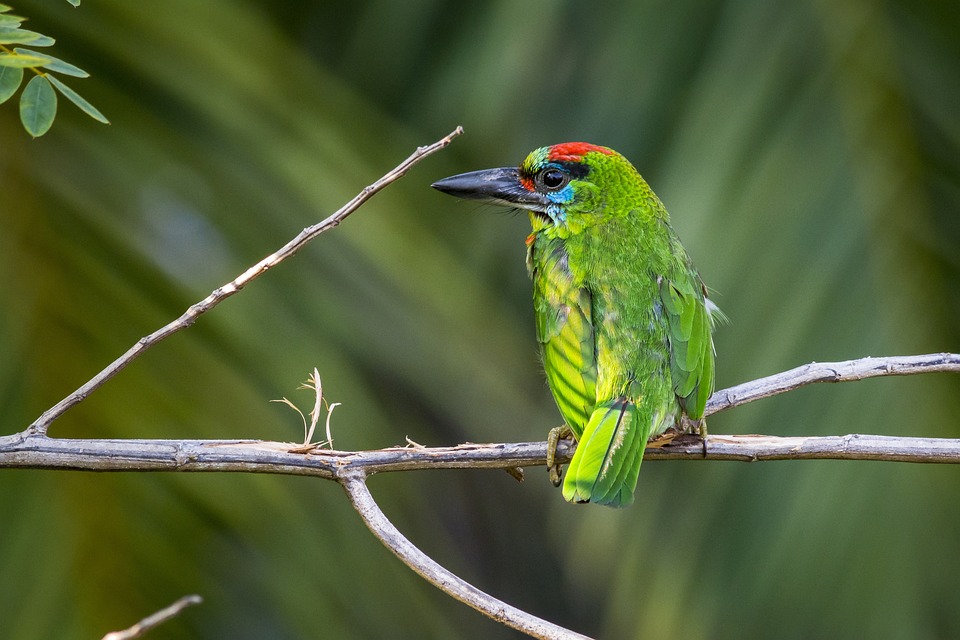Parrots are highly intelligent and social creatures that require mental stimulation to thrive. Without proper mental stimulation, parrots can become bored, frustrated, and may develop behavioral issues. One effective way to provide mental stimulation to parrots is through the use of foraging wheels.
Mental stimulation plays a vital role in the overall well-being of parrots. These intelligent birds have complex cognitive abilities and require mental challenges to keep their minds sharp. Lack of mental stimulation can lead to boredom, which can manifest as destructive behaviors such as excessive screaming, feather-plucking, and aggression.
Foraging wheels are a great tool for enhancing parrot behavior and providing mental stimulation. These devices mimic the natural foraging behavior of parrots in the wild. Foraging wheels are typically made up of various compartments or sections that contain hidden treats or toys. Parrots must use their problem-solving skills and intelligence to access the rewards within the foraging wheel.
There are different types and designs of foraging wheels available, ranging from simple plastic wheels to more complex puzzle-like structures. Some foraging wheels have adjustable difficulty levels, allowing parrots to gradually progress in their mental agility and problem-solving skills.
The benefits of foraging wheels in parrot behavior are numerous. Firstly, foraging wheels promote physical activity and exercise. Parrots have to manipulate and interact with the wheel, which helps to keep them physically active and prevents them from becoming sedentary.
Secondly, foraging wheels encourage problem-solving skills and mental agility. Parrots must figure out how to access the hidden treats or toys within the wheel, stimulating their cognitive abilities and keeping their minds engaged.
Thirdly, foraging wheels provide a sense of accomplishment and satisfaction for parrots. Successfully navigating the challenges of the foraging wheel gives parrots a sense of achievement, boosting their confidence and mental well-being.
Furthermore, foraging wheels help to reduce boredom and destructive behaviors. By providing mental stimulation and an outlet for their natural foraging instincts, parrots are less likely to engage in destructive behaviors such as excessive chewing or feather-plucking.
In addition, foraging wheels can help strengthen the bond between parrot and owner. By interacting with the foraging wheel together, parrots and their owners can engage in a shared activity, fostering a deeper connection and trust.
Introducing foraging wheels to parrots requires careful consideration. It is important to choose the appropriate foraging wheel for your parrot, taking into account their size, species, and skill level. Proper placement and accessibility of the foraging wheel are also crucial to ensure that the parrot can easily interact with it.
The introduction of the foraging wheel should be gradual, allowing the parrot to become familiar with the device at their own pace. Positive reinforcement, such as praise and treats, should be used to encourage the parrot’s interaction with the foraging wheel.
In conclusion, understanding parrot behavior and providing adequate mental stimulation is essential for the well-being of these intelligent birds. Foraging wheels are an effective tool for enhancing parrot behavior and providing mental stimulation. By promoting physical activity, problem-solving skills, and a sense of accomplishment, foraging wheels can greatly improve the overall well-being of parrots. Parrot owners are encouraged to incorporate foraging wheels into their pet’s daily routine and witness the positive effects on their behavior and overall happiness.









